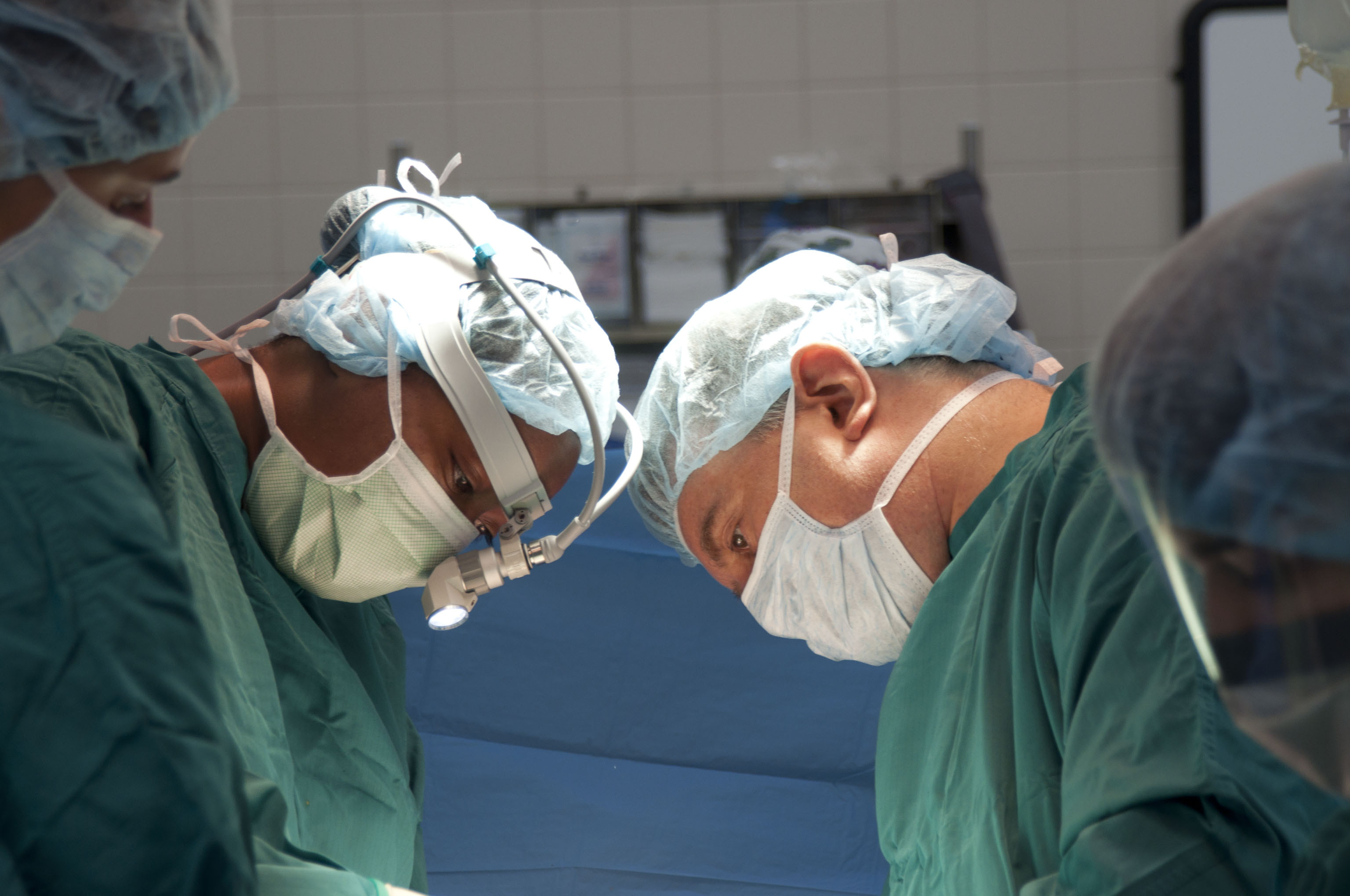
The degree of autonomy surgical residents experience in the operating room (OR) has decreased over the past decade. Due to the expansion of medical knowledge, an increase in specialized rotations, restrictions on duty hours and limits on how and when faculty provide training, surgical residents are reporting feeling less prepared and less confident to practice on their own.
“The training environment has transformed, and something needs to change,’’ says Dr. Gurjit Sandhu, Assistant Professor in the Department of Surgery at the University of Michigan. “This is a high-stakes setting, but to date, we haven’t given enough thought to how to transition trust and improve the faculty and resident relationship so that when residents graduate they can operate in a mostly autonomous way.”
With support from the Macy Foundation, Dr. Sandhu and her team of colleagues—which includes Rebecca Minter, MD and Janet Dombrowski, BSN—piloted an interventional study at the University of Michigan to evaluate faculty-resident relationships and assess faculty progress in entrustment of residents.
Laying the Groundwork
The project started with observation. Dr. Sandhu and her team wanted to know how faculty were currently teaching, how residents expressed whether they were ready to learn more or needed more guidance, and what questions or advice were being given. Not surprisingly, the team found lots of variation with how faculty integrate autonomy. They also observed some residents who pushed for autonomy while others held back and waited for instruction.
The research team identified five domains as essential to enhancing trust during surgery:
- Types of questions asked—by both the faculty and resident
- Operative planning—how involved the resident was in suggesting the surgical approach
- Instruction—the level of coaching provided to the resident
- Problem solving—who participated in problem solving during an operation
- Leadership by the surgical resident—how much autonomy and authority the resident showed
“We discovered that behaviors from both faculty and resident could enhance or limit entrustment in the OR,” said Dr. Sandhu. “This helped us lay the groundwork to design and pilot an intervention.”
The Intervention
Dr. Sandhu and her team recruited seventy-three surgical residents and fifty-six faculty members for the intervention.
All of the surgical residents took part in a two-hour training session to explore the newly-identified domain behaviors. In addition, the session included training on OpTrust—a surgical educational assessment tool that residents and faculty would use going forward to assess their interactions during surgery. The residents and faculty also took a personality test to see whether they fell more into the Promotion Personality or Prevention Personality category. Promotion-oriented individuals were characterized as more willing to take risks and are energized by working quickly while prevention-oriented individuals are more risk-averse, working slowly and carefully.
Half of the faculty participated in the professional development and behavior training. The other half received no training, enabling the researchers to measure whether the intervention would have any impact.
Notable Findings
For one-year, Dr. Sandhu and her colleagues watched the story unfold. They observed 108 surgical cases and noticed an important difference: when residents were paired with faculty who went through the training, the faculty member imparted more trust in the OR. The team also found—through OpTrust analysis—that it is faculty behavior that propels resident entrustability forward.
Perhaps the most actionable finding, Dr. Sandhu pointed out, stemmed from the personality tests. When a faculty member and resident had the same personality type, they better understood each other and more trust was demonstrated. Knowing this, Dr. Sandhu and her team have been able to develop resources and tips for when a faculty member is being paired with a resident whom they might not “match” with personality-wise. The faculty member and resident are notified of the match before surgery and are armed with strategies to optimize the learning moment.
Dr. Sandhu says the intervention is making a difference with staff and trainees incorporating the new strategies into the educational environment.
A Lasting Impact
In addition to publishing their results, Dr. Sandhu and her team are rolling out their faculty and resident development training to other institutions across the country. To date, five other institutions are at various stages of implementing the education intervention based on the University of Michigan experience.
“At the end of the day, helping residents gain more autonomy so that they graduate with more competence and confidence to be independent practitioners should be an educational priority for all surgical departments,’’ Dr. Sandhu said. “This is a national concern, not just one our institution has experienced. And what our project demonstrated is that when you get down to behaviors and relationships and make those explicit for both parties, you start to see real change. This is about patient safety and improving patient outcomes, which is what we all want.”